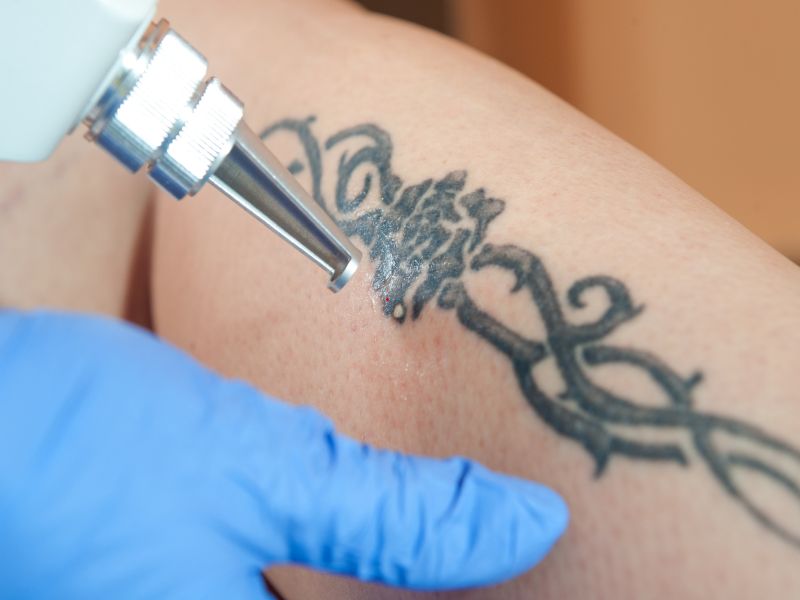
Your hearing can take a beating during Fourth of July fireworks. So don’t forget hearing protection when you go to fireworks displays this holiday, the American Academy of Audiology (AAA) says. Noise from fireworks can reach up to 155 decibels, which is louder than a jet plane taking off (150 decibels) or a jackhammer. Noise… read on >






























